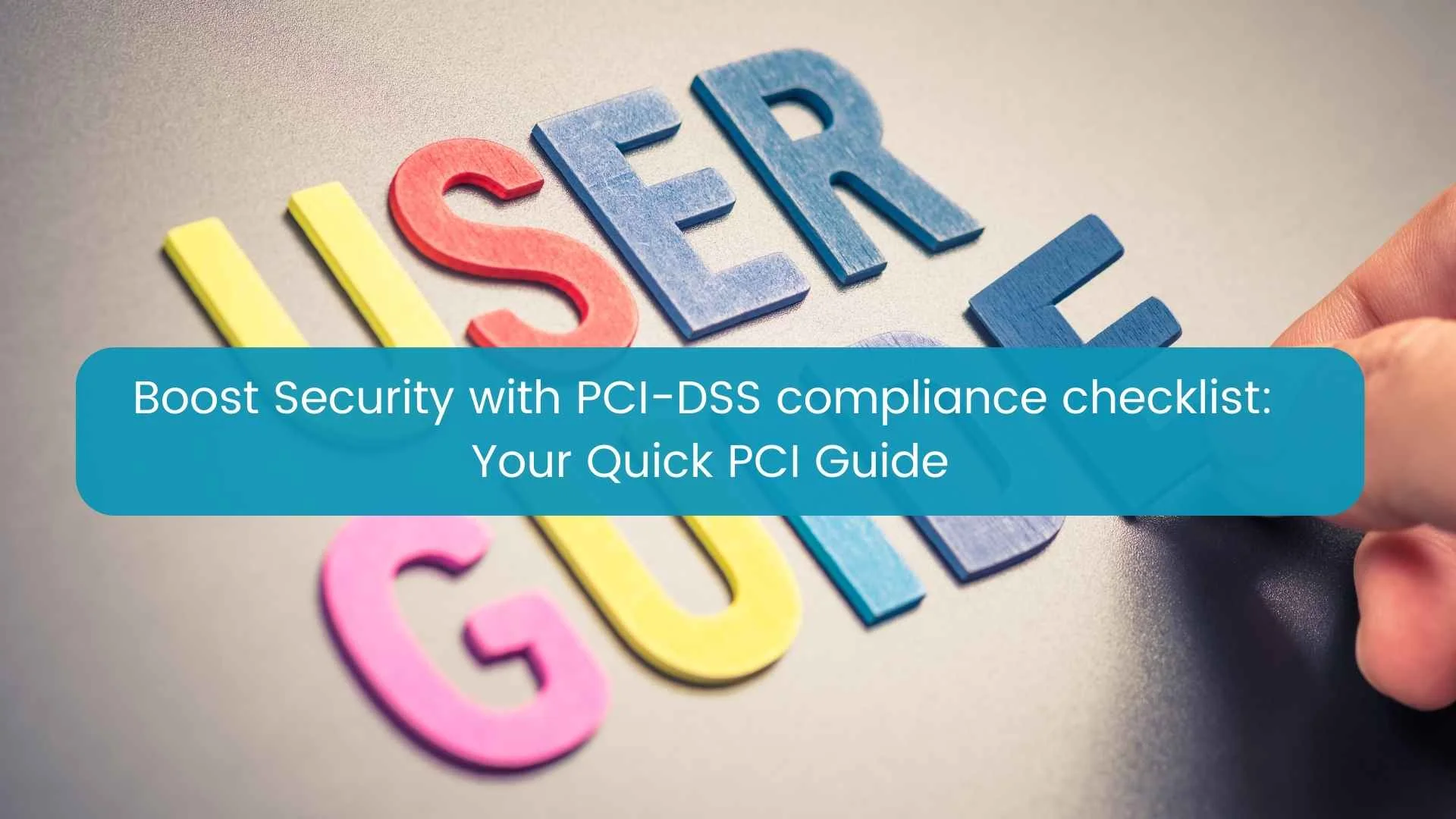
The Risks of PCI-DSS Compliance Failure
Get Compliance Consultation
Ensure your payment processing meets UK regulations with Paytia's compliance experts.
Failing to maintain PCI DSS compliance exposes businesses to significant financial, operational, and reputational risks. Understanding these risks helps prioritize proper compliance investment.
Immediate Financial Consequences
Non-compliance triggers immediate financial penalties:
- Monthly Fines - $5,000 to $100,000 per month until compliance is restored
- Increased Processing Fees - Card brands impose higher transaction costs
- Assessment Penalties - Additional fees for compliance validation failures
- Emergency Remediation - Costly rush compliance projects and consulting
Data Breach Exposure
Non-compliant businesses face exponentially higher breach costs:
- Full liability for fraudulent transactions on compromised cards
- Card reissuance costs ranging from $3-10 per affected card
- Forensic investigation expenses often exceeding $1 million
- Legal defense costs and potential class-action settlements
- Regulatory fines from banking authorities and government agencies
Business Disruption
Compliance failures can severely impact daily operations:
- Suspension or termination of payment processing capabilities
- Loss of merchant accounts and banking relationships
- Inability to accept credit card payments
- Emergency security system implementations
- Extensive audit and validation requirements
Long-Term Reputation Damage
Brand damage often exceeds immediate financial costs:
- Permanent loss of customer trust and loyalty
- Negative media coverage and public scrutiny
- Competitive disadvantage in security-conscious markets
- Difficulty acquiring new customers and partners
- Reduced market valuation and investment appeal
Legal and Regulatory Risks
Compliance failures expose businesses to various legal liabilities:
- Breach of contract with payment processors and acquiring banks
- Violation of state and federal consumer protection laws
- Potential criminal liability for negligent data handling
- Securities law violations for publicly traded companies
- International regulatory violations for global businesses
Industry-Specific Consequences
Different sectors face unique compliance failure risks:
- Healthcare - HIPAA violations and patient data protection failures
- Financial Services: Banking regulatory enforcement and license revocation
- E-commerce: Platform suspensions and marketplace restrictions
- Hospitality: Guest data breaches and booking system compromises
- Retail: Point-of-sale system vulnerabilities and customer data theft
Recovery and Remediation Challenges
Recovering from compliance failures requires significant resources:
- Emergency security infrastructure upgrades
- Comprehensive forensic investigations and reporting
- Legal defense and settlement negotiations
- Customer notification and credit monitoring services
- Rebuilding trust through enhanced security measures
So to wrap up
The risks of PCI compliance failure far exceed the cost of proper implementation and maintenance. Proactive compliance investment protects against catastrophic financial and reputational damage.
Contact Paytia today to ensure strong PCI compliance that protects your business from these severe risks while enabling secure payment processing growth.
Ready to Simplify Compliance?
Get expert guidance on UK payment regulations and PCI DSS compliance. Contact us today.
